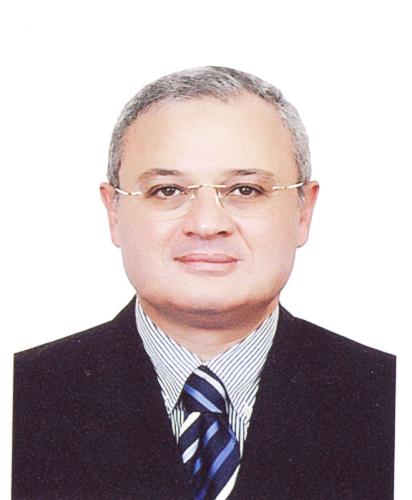By Ahmed El-Adly
For a start-up to succeed, five main elements must exist: the idea, the team, the business plan, the funding, and the timing, according to Khalid Ismail founder and CEO of SySDSoft, and chairman of KI-Angel, focused on investing in the early stage start-ups in the Middle East.
“All of the start-up success elements are important and the entrepreneur should have a good mix. But surprisingly there is one element that provides a higher success rate,” said Ismail.
Ismail added, during a conference organised by the German-Arab Chamber of Industry and Commerce (GACIC-AHK) entitled “Start-ups to the German- Egyptian business community – reloaded”, that timing is the most important element of success, as you can have all the other aspects but not the right timing.
In 1991, Ismail established his first start-up project for a solar cell company but he was unsuccessful.
“During the time, I had the idea of the project; I thought it was a good idea for the solar energy field in a market that has very low cost manufacturing. We had a good business plan, and we had the fund, however we failed.”
The wrong timing was the reason behind the failure and there are a many start-up failure stories all over the world because of the same reason.
Out of 10,000 start-up companies in the USA, there is an approximately 40% success rate because of the timing element.
“Timing is very important because there is no mercy in the world we live in, there is competition in everything we do, we are entering a blood path, because everybody in this world is trying to do what you do and is trying to eat from your cake, so unless you are fast you will not get there,” said Ismail.
GACIC-AHK began to host gatherings of governmental officials and chamber members two weeks ago to discuss how to improve the business environment in all sectors, including innovation and entrepreneurship.
Rainer Herret, CEO of GACIC-AHK, said Germany has strong subsidiary global partners, so “we are trying to build cooperation between Egypt and Germany in the field of start-up training”.
“We know the government has embarked on a strategy related to the matter of start-ups but it may come late, so we will definitely need years until we reach unified qualifications,” he added.
Herret noted that Egypt doesn’t have this unified training system, adding that everybody is given a certificate but unless you talk to the person, you don’t know what the person is capable of.
The unified training system that Herret wants to see is “if you want to hire an engineer who is trained in Alexandria, he has exactly the same qualifications like someone who graduated from Aswan”.
Herret said several corporate giants have formed venture capital divisions looking to invest in innovative, early-stage companies.
“American Express opened a venture office in Facebook’s old Palo Alto headquarters. Nearby, General Motors – a company typically associated with the Rust Belt, not Silicon Valley – has investors based in its own research lab. Starbucks announced a partnership with mobile payment start-up that included $25m investment in the company,” he added.
“And only last year, corporations invested more than $20m in start-ups, according to the Times’ Global Corporate Venturing, a publication that covers the corporate VC market, which reports that 200 of 750 corporate venture units were launched during the past two years,” according to Herret.



